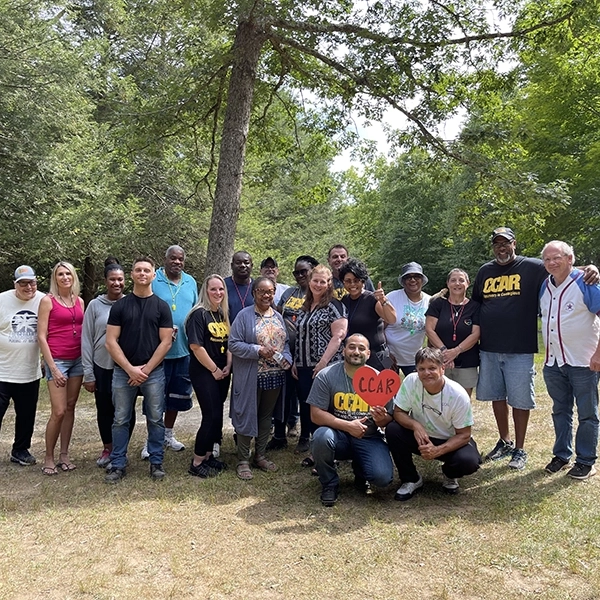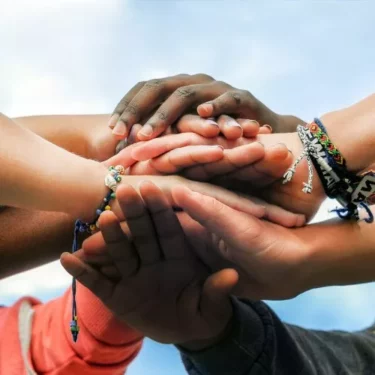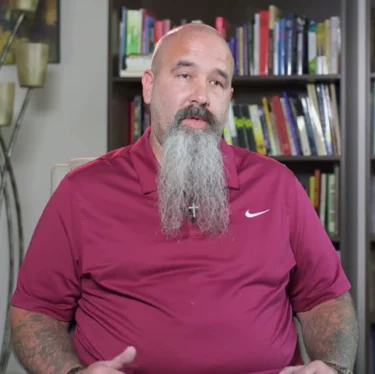Brian Robbins sees the enormous demand every day for the services recovery community centers (RCC) provide to people throughout Connecticut.
In 2021 alone, nearly 6,400 individuals visited the RCCs Robbins oversees for Connecticut Community for Addiction Recovery (CCAR).
As the nation’s overdose crisis continues, demand for service also continues to grow and CCAR is opening a fifth center in the state.
“Recovery is about learning how to live and enjoy life without a substance,” Robbins said. “Recovery community centers provide the support to do that. We provide resources, like helping people find housing or write a resume. We make those connections for people. We’re not clinicians. We’re not psychiatrists. For the most part, the staff has lived experience. We understand recovery, and the atmosphere is one of support.”
In Connecticut and elsewhere, RCCs have become a more common resource for communities to provide people with the support necessary to maintain their recovery and the opportunity to move forward.
As we observe Recovery Month, we’re shedding light on RCCs because they represent a rapidly growing component in the recovery support infrastructure, or recovery capital.
“Recovery community centers are hubs in communities that provide access to services and linkages to other services. They are especially helpful to people early in recovery. They help to provide a positive experience. They celebrate all pathways to recovery, whether it’s harm reduction or medication-assisted treatment or abstinence,” said Dr. John F. Kelly, professor of psychiatry at Harvard Medical School and director of the MGH Recovery Research Institute.
RCCs remain few in number nationally, but they have multiplied rapidly over the past five years. In Massachusetts, they’ve increased from four to 40 in the last decade, with most of that growth occurring the past five years. Today, there are an estimated 250 across the country.
“More and more people are recognizing the utility of recovery community centers,” Dr. Kelly said. “The model is gaining momentum.”
RCCs typically provide services including recovery coaching, relapse prevention skills-building, employment and job training linkages, recreational activities and civic participation, all intended to support people in recovery from substance use disorder and people seeking support.
“We accept everyone who walks through the door,” Robbins said. “When they come in we ask, ‘How can we help you with your recovery today?’ and we go from there.”
Despite a lack of data on RCCs, it appears the facilities are filling a void as communities search for ways to manage the overdose crisis and help people maintain their recovery, said Dr. Kelly, whose 2021 study represents one of the few objective measures of RCCs.
“So, while we don’t have large-scale controlled studies, we’ve got some good quality quantitative studies indicating that recovery community centers work,” Dr. Kelly said. “They offer freely available recovery support services that are helpful to many people, particularly during the early months and even years into recovery, to help them get on their feet and get the resources and linkages to other support services they need to help them and their families.”
Robbins has all the evidence he needs to know RCCs work. He walked into an RCC in Brockton, Mass., in 2009 after being in recovery for nearly a decade. He began volunteering there soon after, and then he received an opportunity to help others.
“In an RCC you will find like-minded people who are trying to do the same thing you’re doing – trying to find your way. I went into the center, and someone recognized something in me, so I began helping people in recovery. I had mentors and people who believed in me,” he said. “Every community should have one.”
More information on RCC locations can be found here and through your local state department of public health and/or addiction services agencies.




